Unplugged #18: A doomed landscape, the pleasure of creation, against compression, and getting back your time
Drawing together the threads for a larger audience this week
For those of you who prefer to read on paper (or e-reader) rather than in your Substack or email app, I have converted this essay into an easily printable PDF file.
Hello and welcome to the 173 new followers who have joined me since I sent my last newsletter! This is an extraordinary boost, by far the biggest I’ve seen since I began on Substack. I’m amazed at the vocal and positive response to my piece about deconverging your smartphone use (read it here if you missed it). It seems there’s a heck of an appetite for guidance on a more intentional relationship with tech.
New readers will find that I write about a broad range of subjects on this journal, but I think you’ll find much of interest. Fair warning: there will be a lot about mountains, backpacking, photography, art, and other stuff as well as pontificating about tech.
What I aim to do with the Alpenglow Journal project is to trace the threads linking all these things and more. I’m not interested in boxing myself into a niche. I’m not interested in optimising what I write for any algorithm or specific audience, and in fact I believe that resisting this pressure is crucial.
So welcome. Unplugged goes out every two weeks, in between meatier Alpenglow Journal features, and it has a set format exploring what’s on my desk and what I’ve been reading.
From my desk
Working on right now
For the last week Hannah and I have had family visiting, so I’ve been spending less time at work. But here’s what I have on my desk now that things are back to normal:
Sidetracked Volume 34.
Like the Wind issue #46. This one’s nearly finished and is shaping up nicely.
Recently published
🥾 Taking Time in Tyrol: hut-to-hut in the Austrian Alps
This is a piece I published in TGO a few years ago, about a traverse of the stunning Karwendel Höhenweg above Innsbruck in 2018. I’m glad to see that this story has made it to the website now. It’s free to read online.
Recently processed film images
I’m shooting a lot of black and white at the moment. Here are a few frames from a trip a few weeks ago out to the Ardverikie area near Loch Laggan in the Scottish Highlands with my friend Davy Wright. After a camp on the beach of Lochan na h-Earba, we climbed the three Munros: Beinn a’ Chlachair, Geal Charn, and Creag Pitridh.
We had no idea at the time, but apparently plans are in place to build a vast pumped storage scheme in this area. The loch we camped next to will be dammed and its level raised by 20m. Turbines, pumps, pipelines and generators will be installed.
I can’t help thinking about the silence at our camp on the beach, and how that silence will be driven away.
These images were shot with my Leica M3 on Ilford FP4+ film with vintage M lenses.
Art
I’ve now completed all the recommended sampler blocks in Chris Daunt’s The Art and Craft of Wood Engraving. The final advanced sampler block has a few fiendish sections, and I’m not 100% happy with my effort, but it’s certainly giving me a new appreciation for the level of skill needed to create detailed pictures. It’s been satisfying to see my abilities improve as I put in the time and care.
To document this learning process, as well as keep organised notes on my findings regarding different papers and techniques, I’ve started a new scrapbook. It’s my hope this will contain initial prints of every image I work on.
Dipping into the archives
In 2018, I created a printed and bound version of the commonplace book I’d been collecting since 2011 — just scraps of info and quotes I’d gleaned from books and the internet, mainly. These days I’m more organised in how I index this information, but I still dip into CB1 every now and again. It’s reassuring to find that my principles don’t change.
69 There is no red line with AI and nothing is sacred, including humans. If all we are looking for is usefulness then humans will eventually become redundant.
—13-02-2018, unattributed
70 Is there a better use of our time than helping machines understand and make ourselves superfluous?
—31-01-2018, Oliver Reichenstein, source not recorded (but I’ve tracked it down to ‘Computer Poetry’)
What I’ve been reading
Books
🎨 Art Nouveau, Lara-Vinca Masini
Increasingly, in order to understand the links between adventure, technology and culture I turn to art. Like all great art movements, Art Nouveau was about far more than aesthetic; it was partly about counterculture and resistance to the machine. That’s one reason why this will be the design language I adopt if Alpenglow Journal ever becomes a print publication. (Another reason is that I just like it — always have.)
I can’t help but think that this is the most suitable visual style for analogue counterculture – certainly better than the hegemonic (boring!) modern minimalism we see everywhere, and which has deep philosophical ties to the machine. Art Nouveau is inherently humanist.
Anyway, this is a lovely book I stumbled upon while browsing the shelves in Dundee library. A couple of key quotes for me:
Yet, running counter to the notion that industrial development was synonymous with progress, there was a growing ethical and aesthetic concern that enslavement to the machine and mass production was creating a world of ugliness and misery both at work and at home.
For him [William Morris] the pleasure of creation was just as important as the beauty of the object.
From the web
Another absolutely essential read from
on AI, intelligence, the redefining of humans as machines, and the subsequent disintegration of our shared reality. We’re living through a pivotal shift and I’m not sure we have time to even pause and reflect on what we’re losing before it’s gone. Before we lose the ability to comprehend what has happened.[…] in the medieval university, contemplation was knowledge of reality itself, as opposed to that involved in getting things done.
Those who control the systems control much about us. Their flaws and shortcomings are built not just into the technology but, increasingly, into society’s norms and practices.
These are people who hold human beings – indeed all the messy, incomprehensible things of the world – in contempt. What can’t be digitized is without value.
The moment you start to believe that all intelligence is compression, you are lost to the world. You exist in the cramped confines of a representation.
🌄 why time felt slower when we were kids (and how to get it back)
In my series on deconvergence, I touch on the idea that the smartphone is a chronophage – that is, it eats time. This beautiful piece on the neuroscience of time perception by
sets out simple guidelines on how to fight this. This might seem a bit vague or mumbo-jumbo, but honestly this does work. Half the magic of immersion in a long-distance trail is about inhabiting time differently, like you did when you were a child – and that’s why the trail gives time back to you once more. But the gift of presence is not that hard to find.Nostalgiacore is about more than just nostalgia – it’s about a longing for the way we once inhabited time.
Mindfulness, at its core, isn’t about silence or emptying the mind. It’s about returning to the body, to sensation, to the moment. It’s about experiencing life rather than spectating.
The magic of childhood wasn’t in being young. It was in how present we were.
💾 Context Switching is Killing Your Productivity
This is written for software engineers, so some of the specifics aren’t very relevant to the rest of us, but the basic principles are sound. Modern computers are not good environments for finding flow, or for doing deep work. Luckily there are tools and techniques that can help. Applying them consistently is another battle, though…
Even small disruptions, like email notifications, can unintentionally lead to context switching. It’s far easier to preserve your flow state than it is to regain it.
🥾 A Heatwave Walk in a Doomed Landscape
has also visited the Ardverikie Munros recently, the area threatened by industrial development I mentioned above – and in fact this blog post was how I found out about the plans.🥾 From Cape Wrath to Cape Reinga
has arrived on Substack, and I’m really looking forward to following her adventures as she sets out on a massive quest across New Zealand.I thought Cape Wrath was an ending.
Turns out it was only the beginning.
I've long believed that this is the case for us all. Welcome, Jess!
From
. Time, family, memory, contrast.Perhaps home is not something fixed but rather a sensation that we associate with a place, a quality that can ebb and flow like the Loddon itself. Wherever we find ourselves, if it brings forth that sensation of warmth or that memory of better days, perhaps it is a good place to be — not necessarily forever, but for that brief moment in time.
Enjoyed this from
. Human beings aren’t machines, and although as a society we’ve become accustomed to thinking of ourselves in this way, it isn’t helpful when it comes to sporting performance – or achievement of any kind, really.This recurrent familiarity with failure was good for me, breaking down my ego, making me somewhat less reliant on the validation of ultimately subjective and meaningless numbers for self-worth.
Ultimately there is no shame in going backwards. We cannot perform at our very best all of the time, nor should we expect ourselves to.
🎨 Why William Morris is the prophet of our time
Last year, I read the manifesto of William Morris, an artist and designer who was influential in the British Arts and Crafts movement that came before (and heavily inspired) Art Nouveau. It struck me that Morris’s teachings are strikingly relevant to the 2020s – perhaps even more so than in their native century. A bit of Googling led me to this piece, reinforcing my belief that these ideas will once again have their time in the sun.
[…] by focussing on plausible utopia in his speeches and writings, Morris creates the motivation for us to not only wish for better but for us to begin actioning it. The future in Morris’ writings is heavily influenced by the past […] and he is careful to paint a picture that is not outlandish, but is guided by principles that will give us all a better life.
These connections fascinate me endlessly.
That’s all, folks
If you like what you’ve read, please subscribe to receive updates in your inbox and Substack app. Thanks for your support. And if you’ve enjoyed what you have read, please tell someone else about it!
Images and words © Alex Roddie. No AI has been used in the creation of any work on this page. All Rights Reserved. Please don’t reproduce this material without permission.



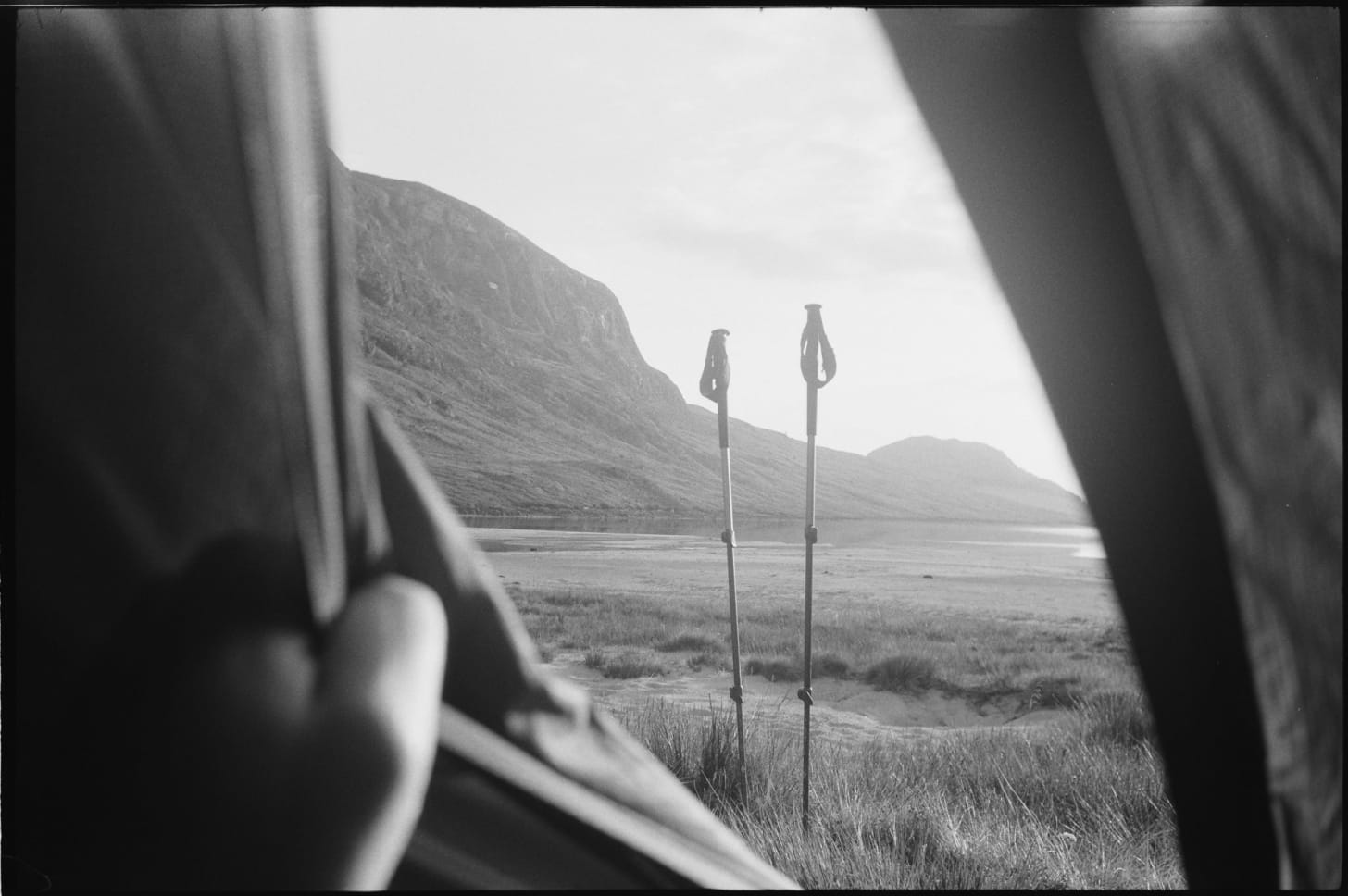

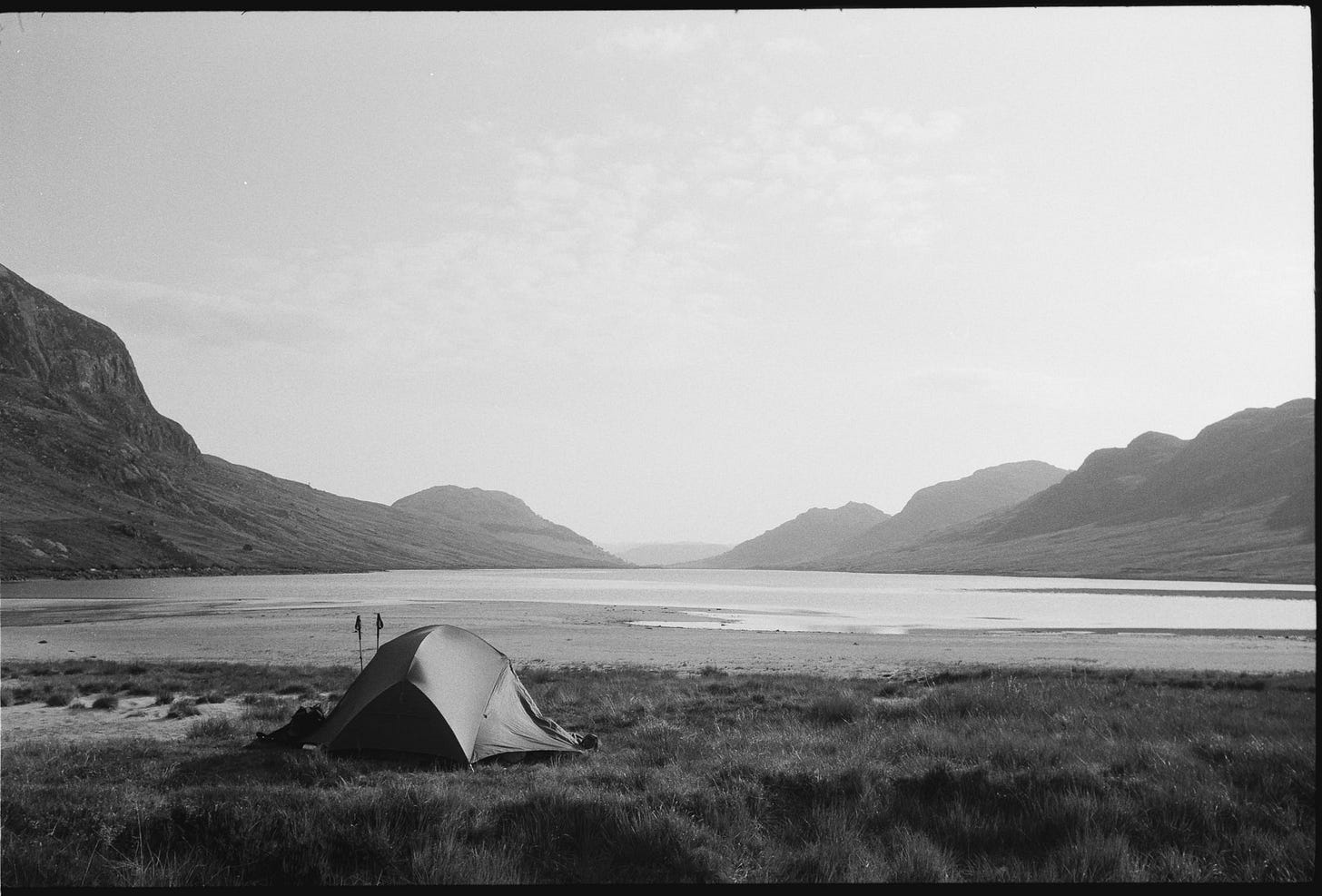
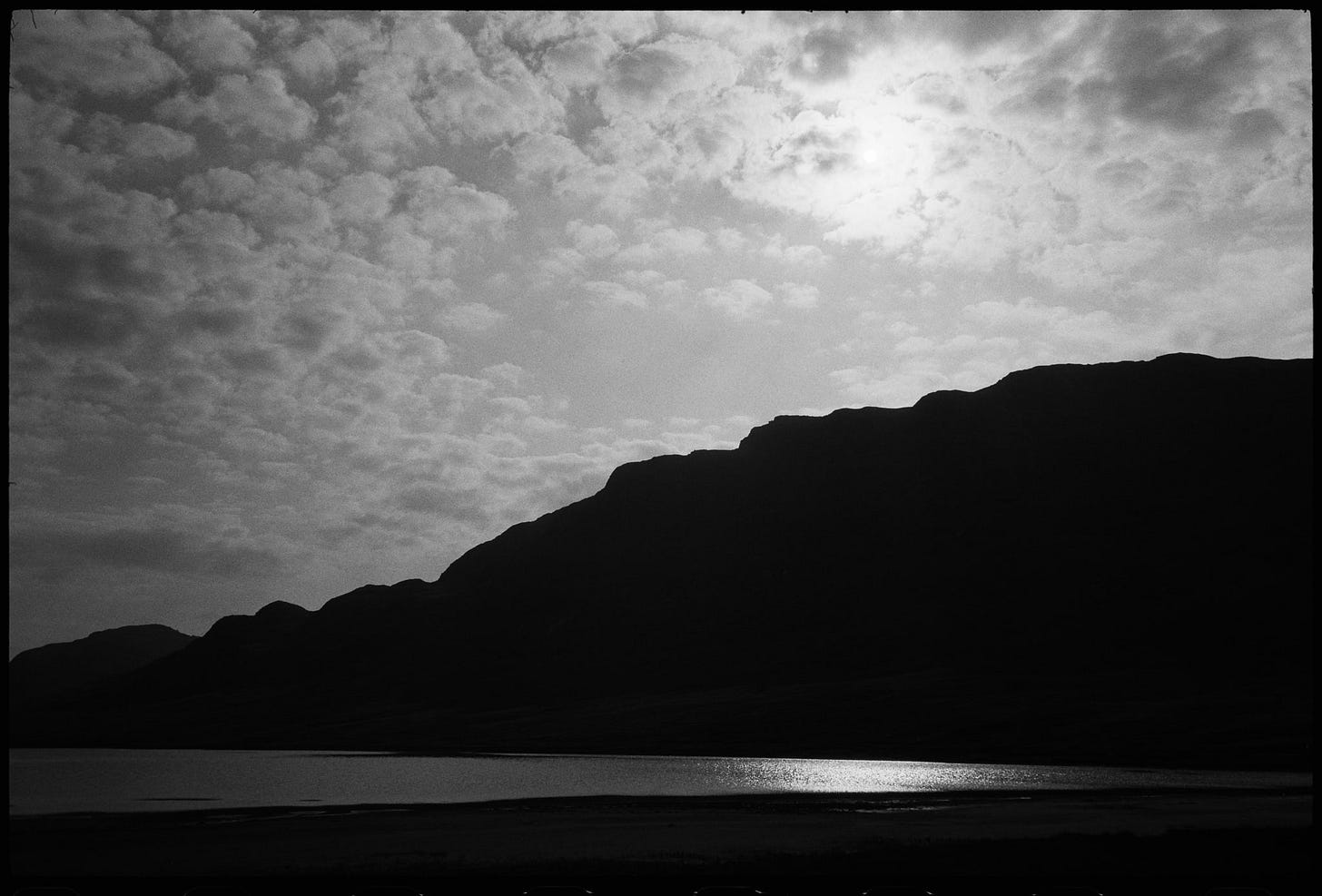
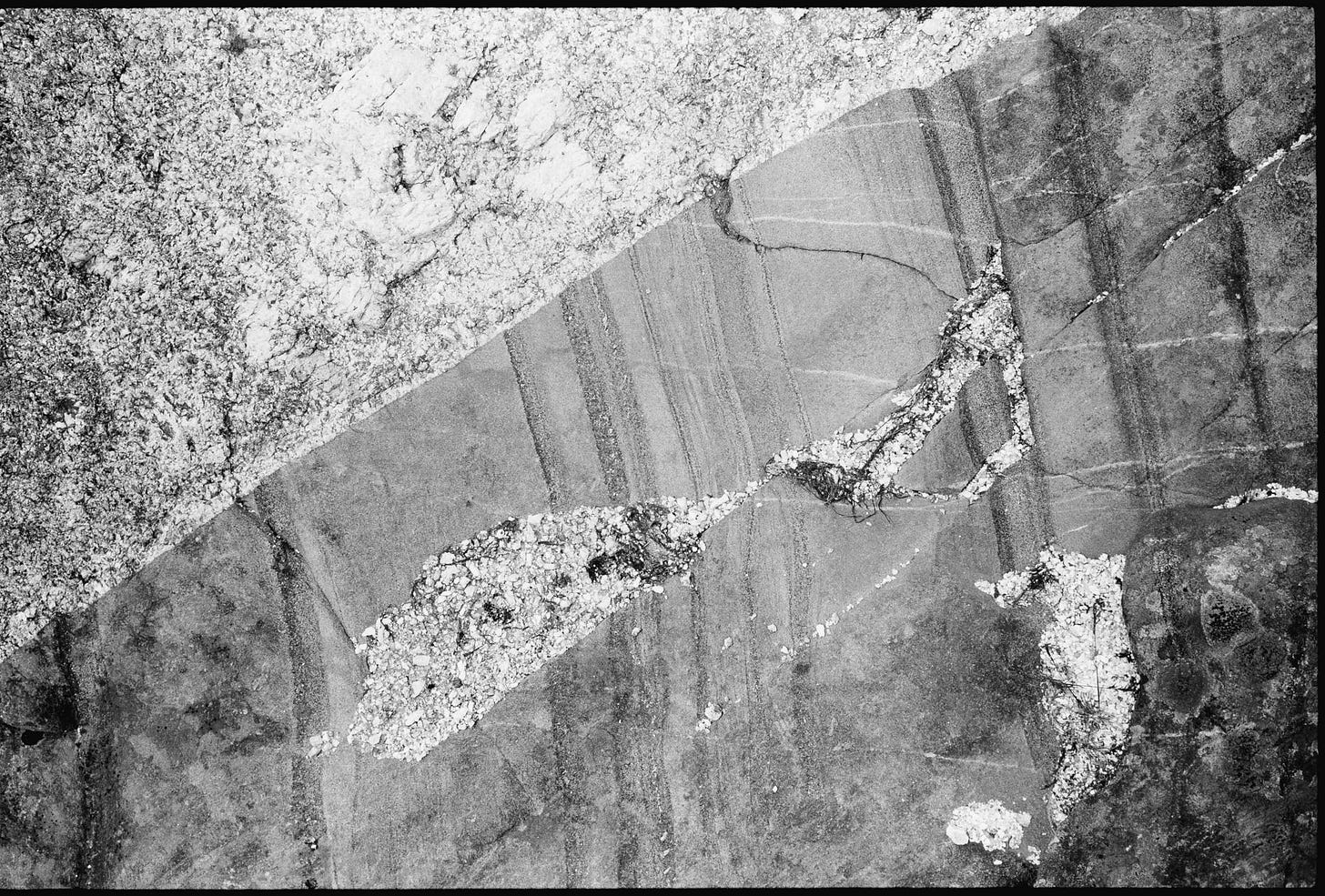
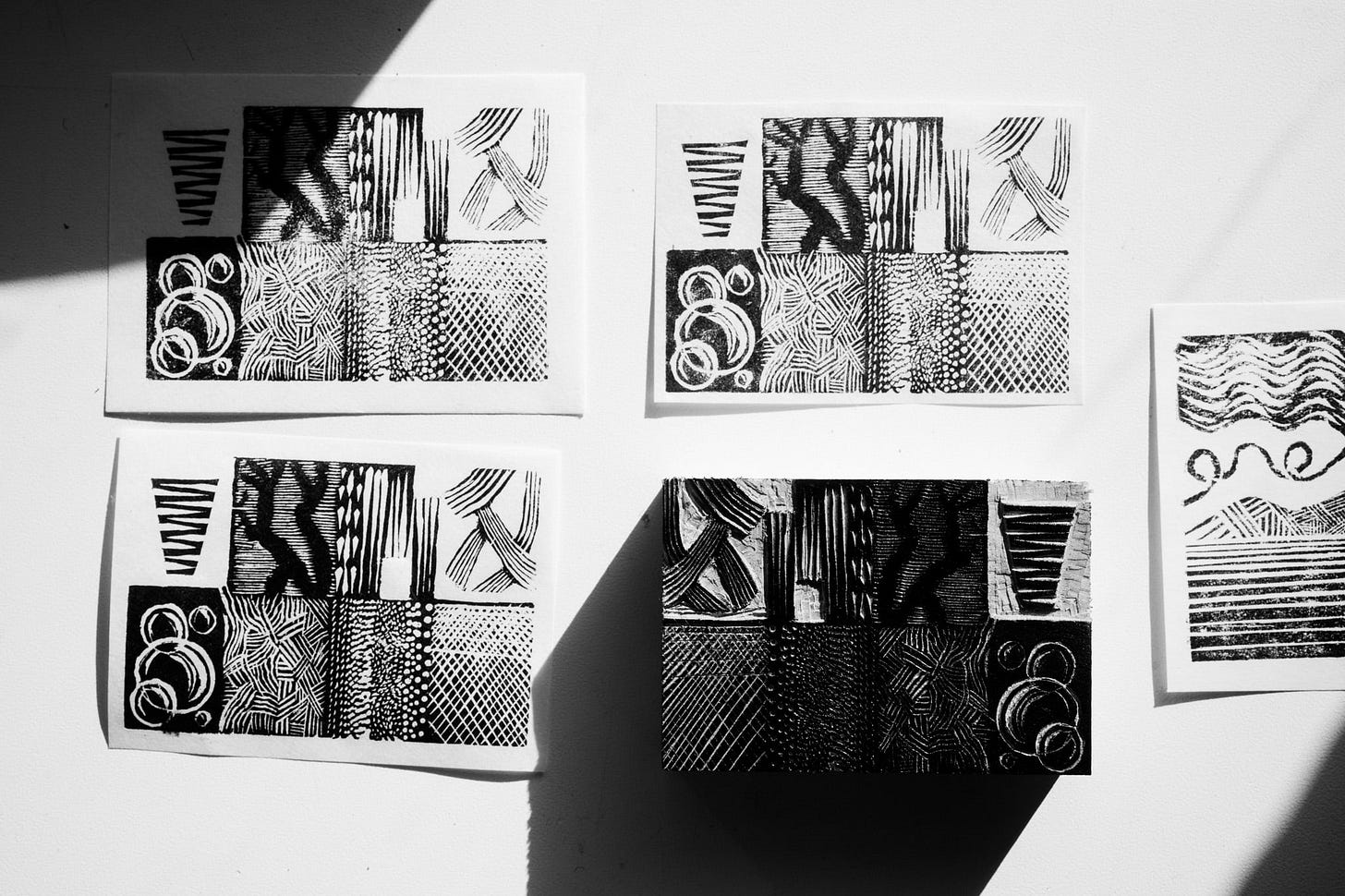
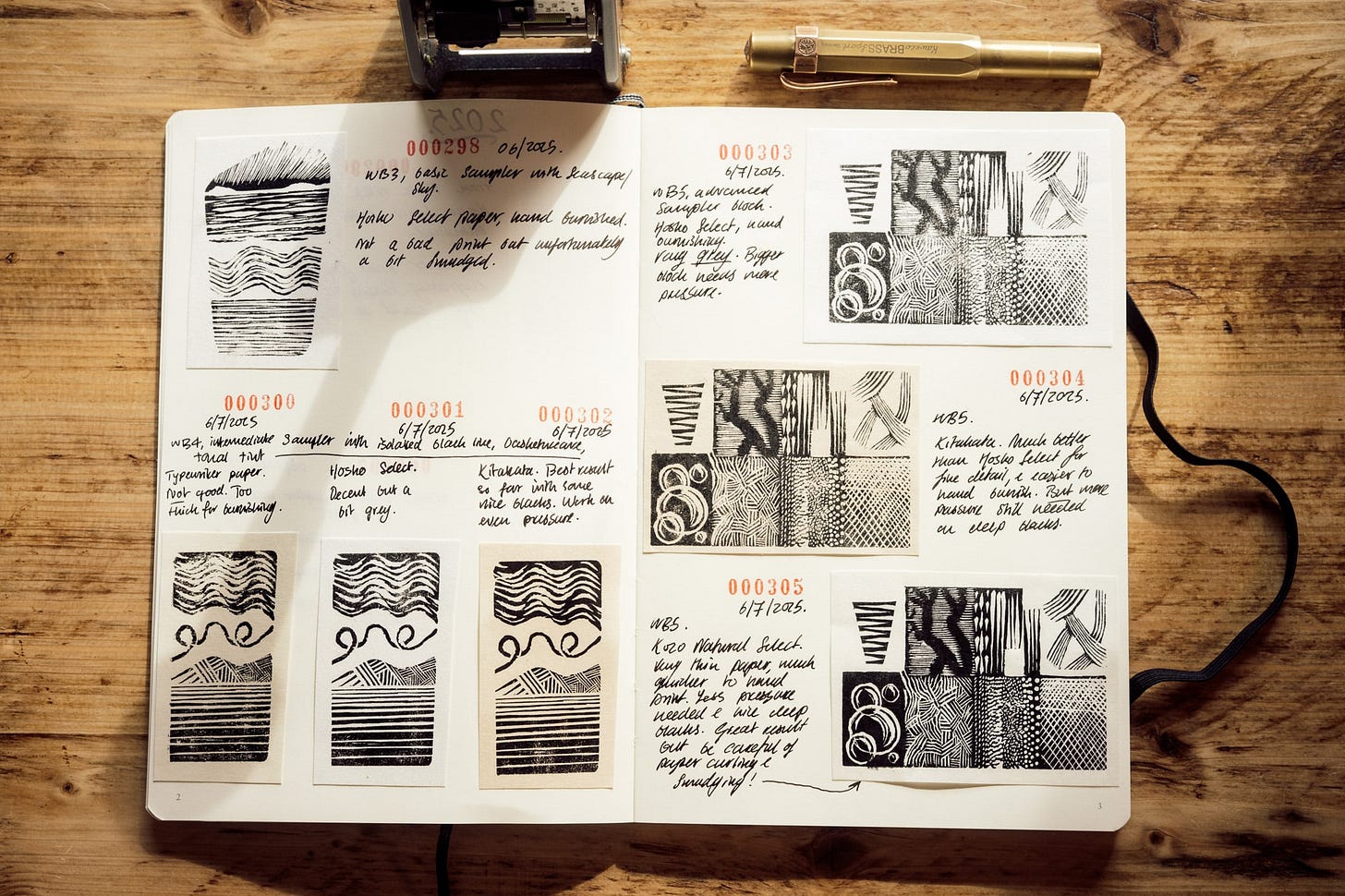
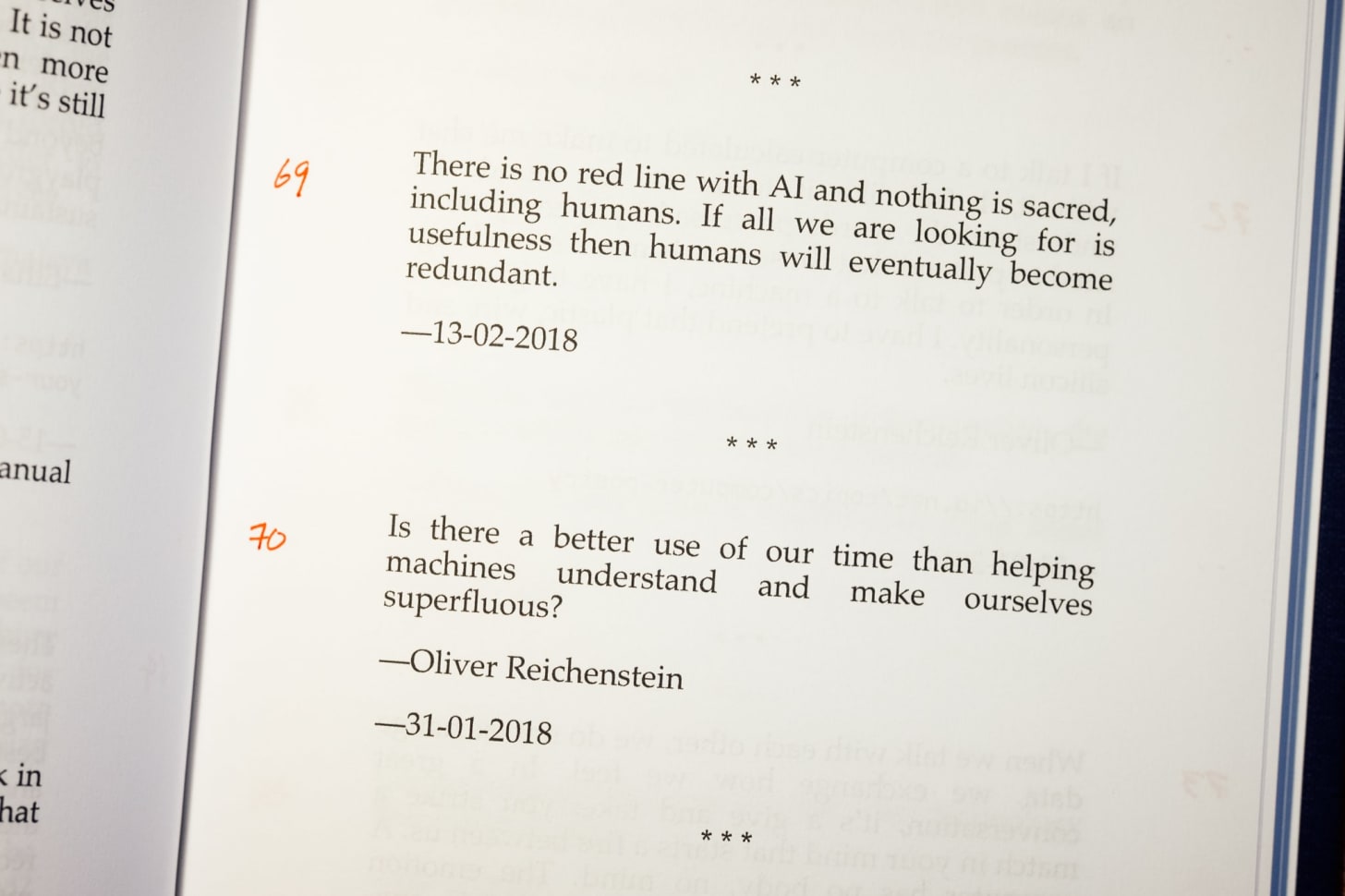

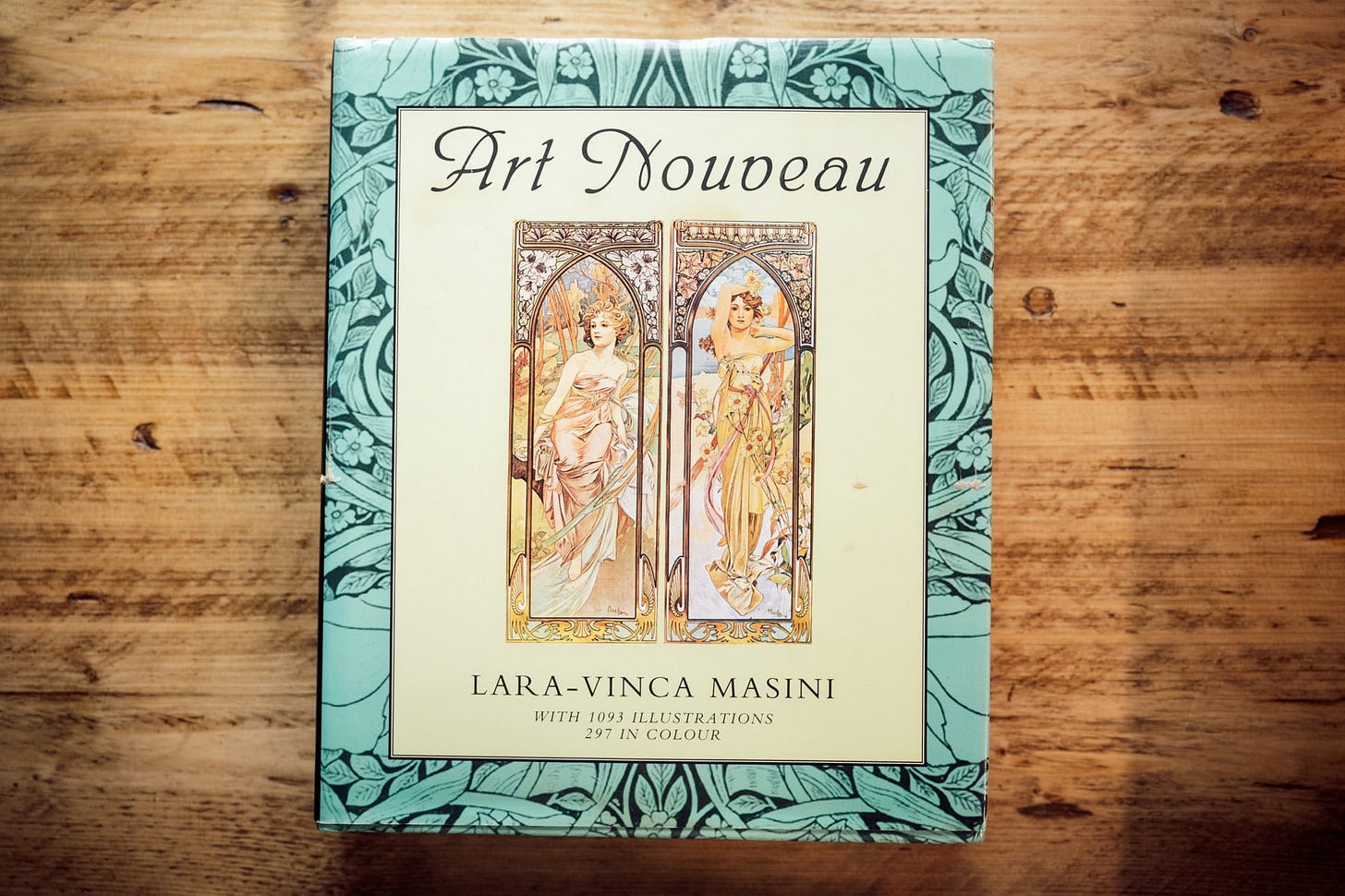
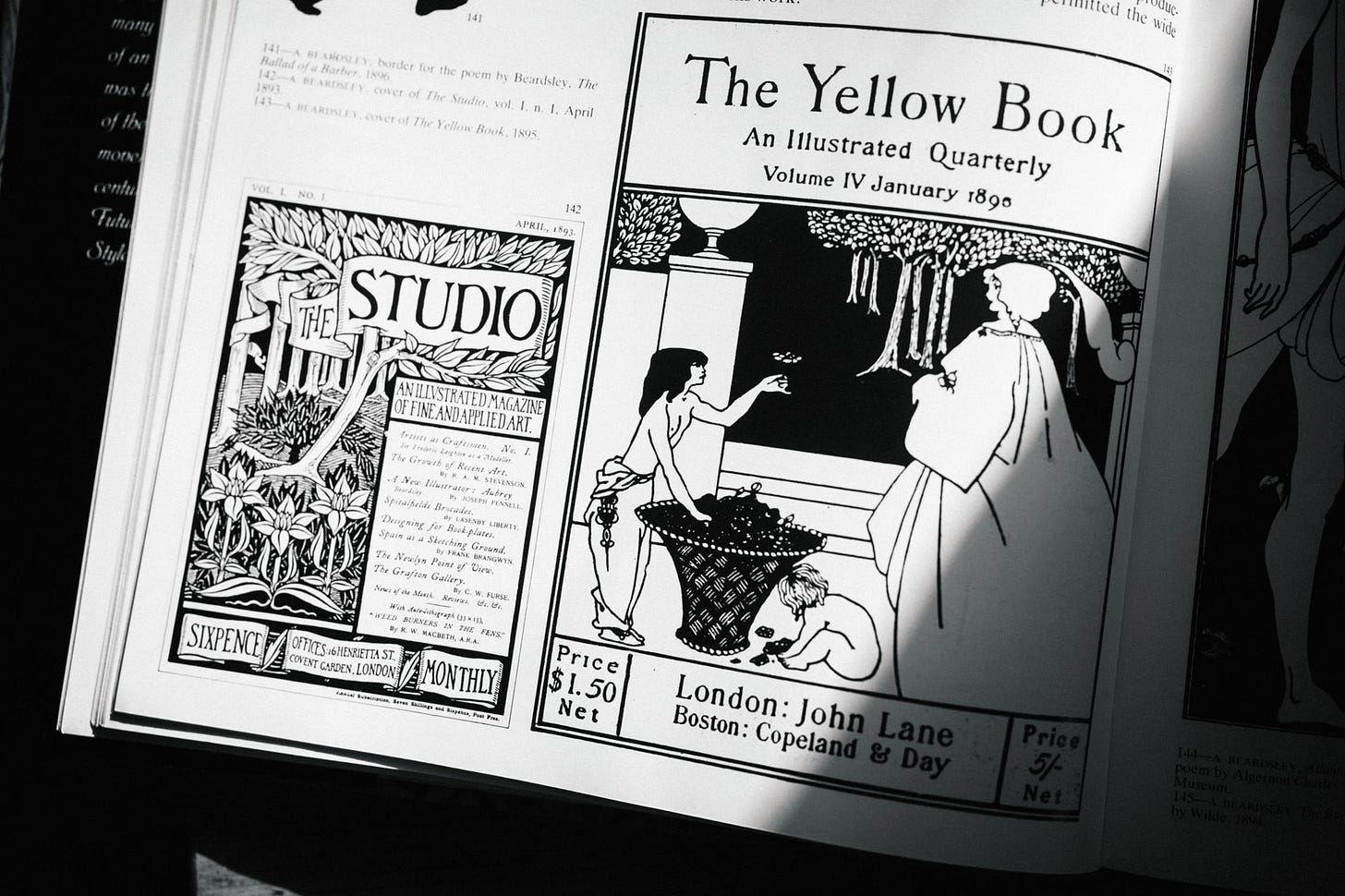
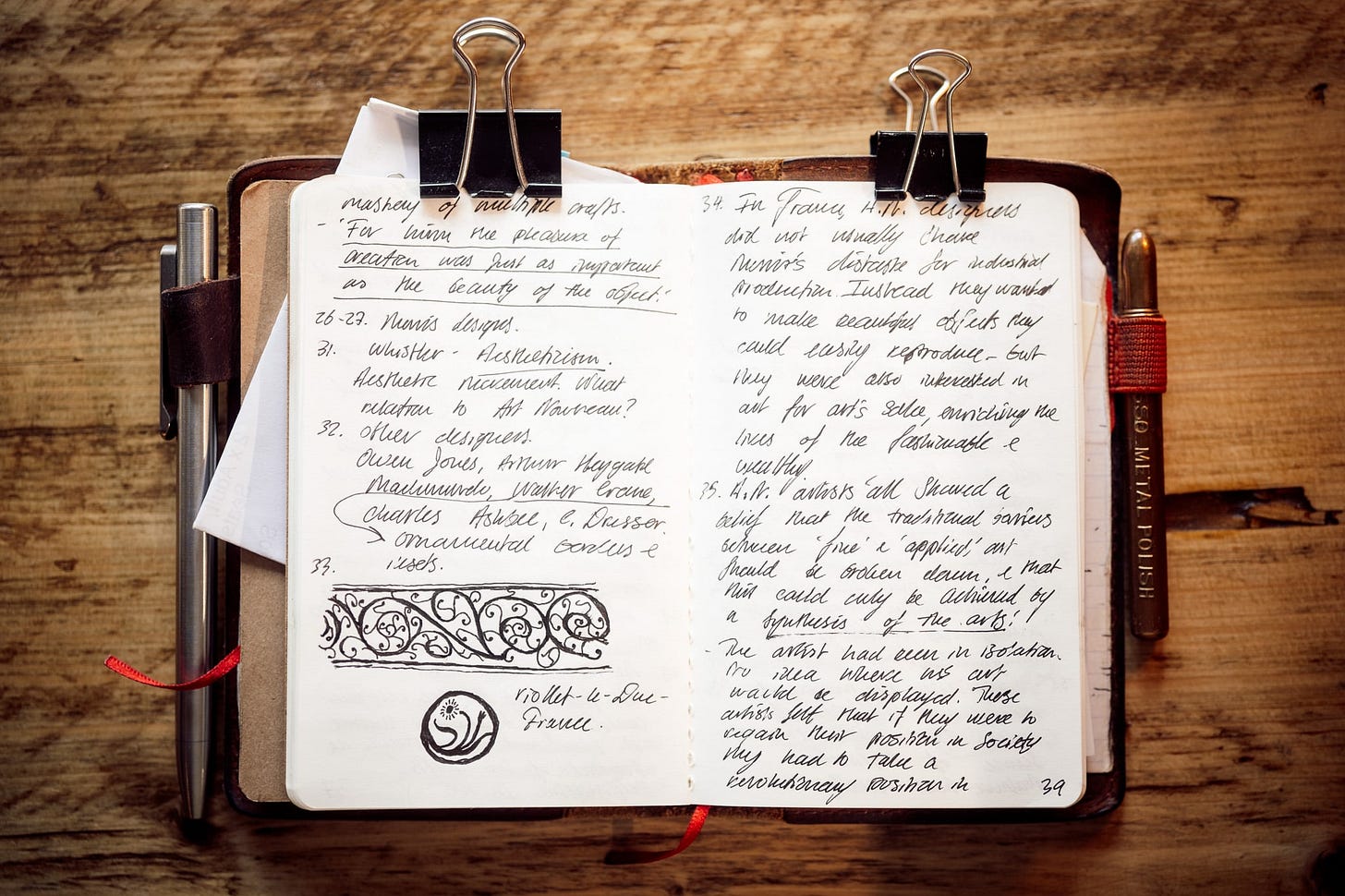

Thanks for the shout out Alex! It's certainly a privilege to be included with the other fantastic reads here. I've been really enjoying seeing your progress with engraving and printing - your work so far looks fantastic.
Thanks for the mention! Much appreciated, and thanks also for continuing to share your unique perspectives and creative process with the world